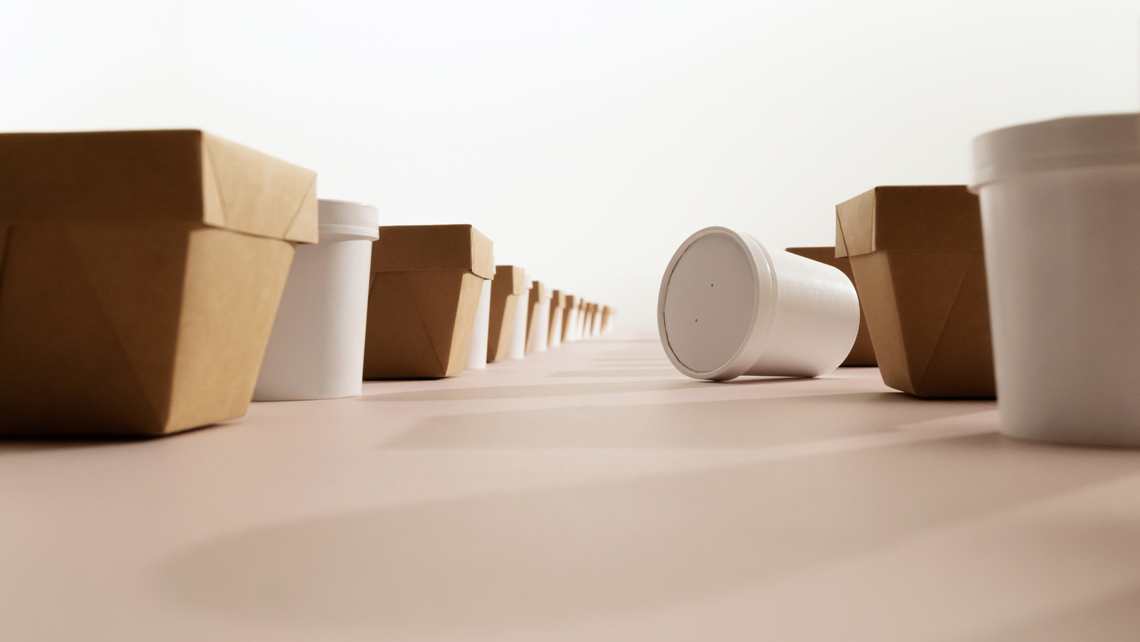Resource efficiency and the strive for circular economy are topics every company need to take seriously. For food producers, this means using renewable and recyclable fiber-based food packaging – while ensuring it’s hygienic, robust, and – increasingly – lighter in weight.
“Our customers are looking for ways to minimize the amount of resources they consume – whether it’s fiber, water, energy, or chemicals.”
“The demand for lighter weight packaging is growing all the time,” says Vladimir Grigoriev, Senior Manager, Business and Application Development at Kemira. “Our customers are looking for ways to minimize the amount of resources they consume – whether it’s fiber, water, energy, or chemicals – to help them meet their own financial and sustainability targets and the expectations of their customers. Enabling the production of lighter weight board is a great example of how our chemistry expertise can help them do this,” he points out.
“Let’s take folding boxboard used for packaging of food, cosmetics, pharmaceuticals, etc. as an example. At Kemira we have been working with customers to reduce fiber usage in the board by 10% while maintaining the same end-product quality,” says Eric Padovani, Director of Product Lines at Kemira.
With global high quality cartonboard production at 45-50 millions tons/year, a 10% reduction in board weight -not even taking into account monetary savings in fiber usage- means:
- Reduction in CO2 emissions equivalent to 150 million km for a standard passenger car, or just a shy of the distance from the Earth to the sun.
- Reduction in annual water consumption equivalent to a city with a population of 1 million, based on a usage rate of 10 m3 of fresh water per ton of board.
“In a nutshell, our chemical expertise and products help customers use less energy and less water to produce the same amount of board product,” Eric highlights.
Wasting less and recycling more
“When we think about paper board, responsible production is also about minimizing waste on the production line by helping to prevent breaks on the board machines”, says Vladimir. “Lost production time means wasted energy and water. With our smart control and monitoring tools, board producers can significantly improve machine runnability, and therefore minimize waste,” he continues.
Whether it’s using less raw material, minimizing waste, or recycling more, chemistry is helping ensure that the companies who produce our food packaging can do so in the most sustainable way possible.
“Today there is a huge push to reduce or completely eliminate the use of single-use plastics,” says Eric. “Working together with our customers in the paper and board industry, we have a fantastic opportunity to innovate new easily recyclable fiber-based alternatives – none of which would be possible without chemistry.”
While fiber-based packaging offers a good alternative to plastic, boards used for food-contact applications still often contain plastic films to provide resistance to grease and oil. These films make boards more difficult and energy intensive to manufacture and recycle. But here again Kemira is actively working to enable better, easily recyclable solutions.
Whether it’s using less raw material, minimizing waste, or recycling more, chemistry is helping ensure that the companies who produce our food packaging can do so in the most sustainable way possible.

